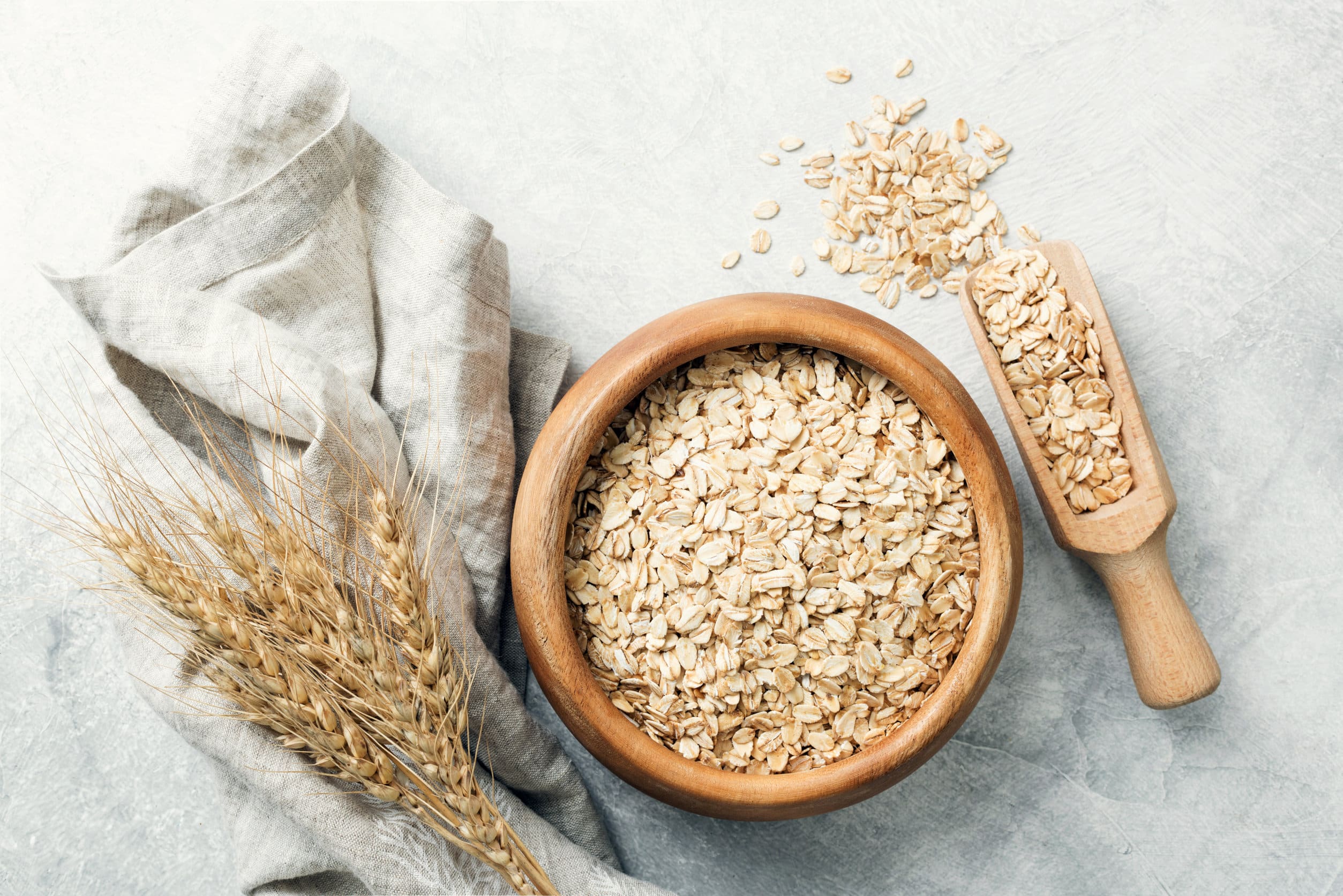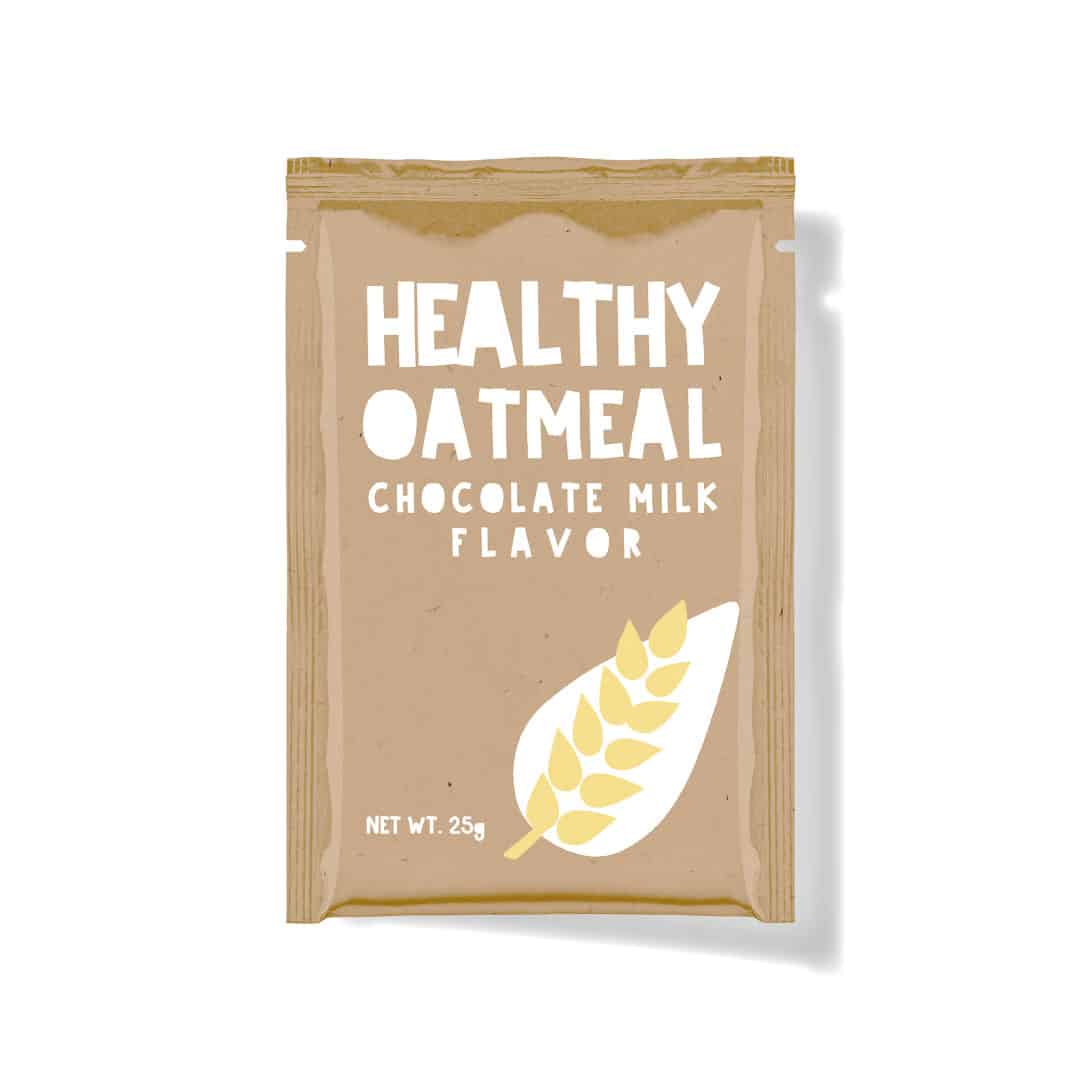What Are the Benefits of Prebiotics?
What Is the Difference Between Probiotics and Prebiotics?
Prebiotics are food-based compounds that promote healthy bacteria growth in our digestive system. The benefits of using prebiotic foods and supplements can include:
- Improved immune health
- Better energy levels
- Decreased gastrointestinal issues
- Easier food digestion
- Reduced risk of certain diseases
- Improved mood
- Reduction of vaginal infections like yeast infections
- Decreased severity of certain skin conditions like eczema
You may be wondering what the difference between probiotics and prebiotics is, mainly because their names are similar and used to improve gut health. The primary difference between prebiotic and probiotic supplements is how they improve your gut health.
Probiotics actively introduce living strains of food bacteria into your digestive tract. Beneficial bacteria can be decreased in many ways, such as taking antibiotics or having an illness like the stomach flu. Eating a poor or unbalanced diet can also lead to a decrease in beneficial bacteria. Probiotics help correct the issue by adding more positive gut fighters to your digestive army.
On the other hand, prebiotics are specialized plant fibers like psyllium that your healthy bacteria need to thrive. Essentially, prebiotics are the supplies your positive gut fighters need to win the fight for digestive health, and they can help grow the amount of positive bacteria already in your system.
What Does the Market Look Like for Prebiotics?
The prebiotic market is estimated to slowly but steadily grow over the next decade. Current market estimates show the prebiotic ingredient market size was worth around $7.68 billion in 2022 but is set to be worth more than $20 million by 2030.
This means investing in the prebiotic market will likely produce a good return on investment. It’s possible to increase that ROI and decrease related stressors, by utilizing a turnkey private-label food service like TCI Group that uses high-quality ingredients and proven food contents to create their products.

